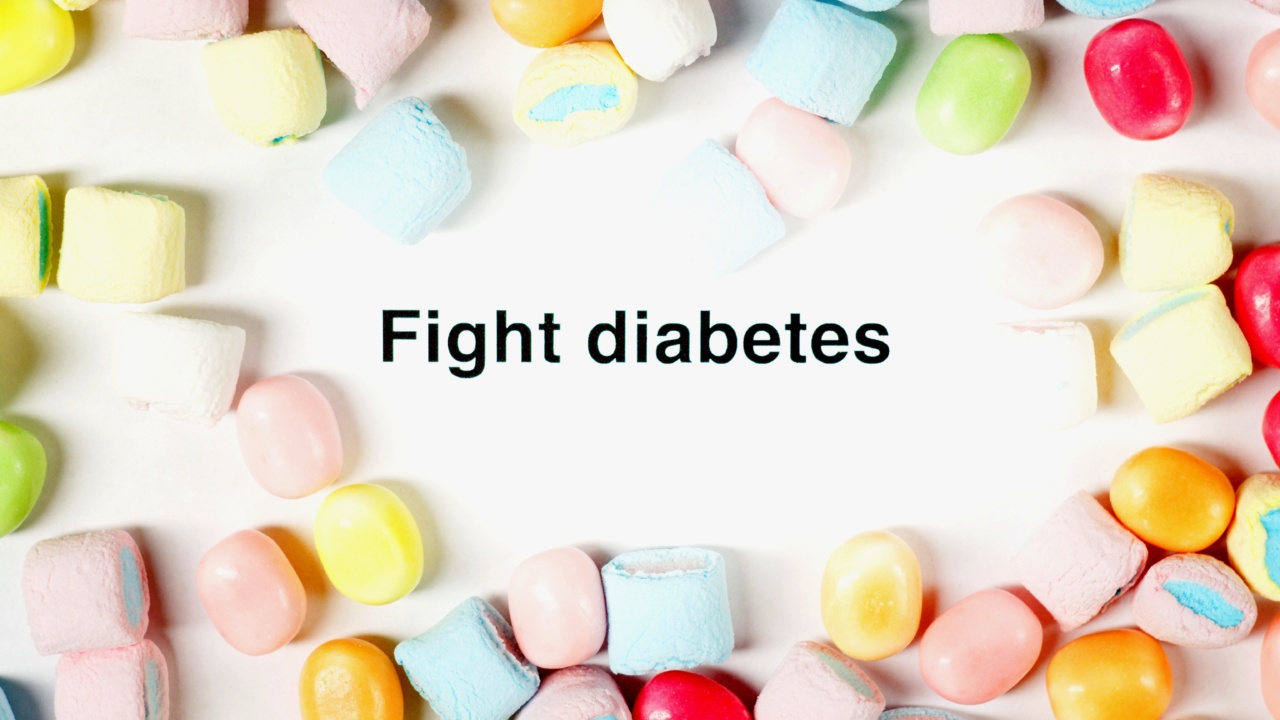International Hostel and Palliative Care Day is a global event scheduled on the second Saturday of October to recognize and promote the importance of palliative care to improve the quality of life of patients with life-threatening illnesses.
The event is an opportunity to raise awareness of hospice and palliative care, to discuss the challenges faced by patients and caregivers, and to recognize the impact of palliative care services on the lives of patients, families, and communities.
The Goals of International Hostel and Palliative Care Day
The primary goals of International Hostel and Palliative Care Day are to:.
- Raise awareness about hospice and palliative care
- Recognize the work of hospice and palliative care providers
- Highlight the importance of palliative care in improving the quality of life for patients with life-threatening illnesses
- Promote the integration of palliative care into healthcare systems
- Increase public knowledge and understanding of palliative care and the vital role of palliative care providers
The Importance of Palliative Care
Palliative care is specialized medical care focused on the relief of pain, symptoms, and stress caused by life-threatening illnesses like cancer, heart failure, dementia, and other chronic conditions.
Palliative care aims to improve the quality of life for patients and their families by providing expert medical care, emotional support, and spiritual support. Palliative care providers work with patients, families, and healthcare teams to provide the highest quality of care while respecting the patient’s wishes and goals.
For patients facing life-threatening illnesses, palliative care can help manage symptoms like pain, nausea, and anxiety, improve their quality of life, and provide emotional and spiritual support.
Palliative care can help patients and families navigate complex healthcare decisions, plan for the future, and ensure they receive the best possible care throughout their illness.
Palliative Care and Hospice Care
Palliative care and hospice care are related but distinct concepts. Hospice care is a type of palliative care provided to patients who are nearing the end of their life.
Hospice care is focused on managing symptoms, providing emotional and spiritual support, and ensuring that the patient’s wishes are followed. Hospice care is typically provided in a home or hospice facility setting, and family members and caregivers are also supported.
Palliative care, on the other hand, can be provided to patients at any stage of a life-threatening illness.
Palliative care can be provided alongside curative treatments and aims to improve the patient’s quality of life, manage symptoms, and support patients and families through difficult times. Palliative care can be provided in a hospital, clinic, or home setting, and can be given by a team of healthcare professionals, including doctors, nurses, social workers, and chaplains.
The Role of Palliative Care Providers
Palliative care providers play a critical role in improving the quality of life of patients with life-threatening illnesses and their families.
Palliative care providers work collaboratively with other healthcare professionals to provide comprehensive care that addresses the physical, emotional, spiritual, and social needs of patients. Palliative care providers strive to provide compassionate care that is guided by the values, goals, and wishes of the patient and their loved ones.
The role of palliative care providers includes:.
- Providing expert symptom management to improve the patient’s comfort and quality of life
- Providing emotional and spiritual support to patients and families
- Fostering open and honest communication between patients, families, and healthcare providers
- Helping patients and families navigate complex healthcare systems and make informed decisions
- Providing grief and bereavement support to families after a patient’s death
How to Recognize and Respond to International Hostel and Palliative Care Day
International Hostel and Palliative Care Day is an excellent opportunity to recognize the work of hospice and palliative care providers and to raise awareness about the importance of palliative care in improving the quality of life of patients with life-threatening illnesses. There are several ways individuals, organizations, and communities can recognize and respond to International Hostel and Palliative Care Day:.
- Host an educational event or seminar to discuss the role of palliative care in improving the quality of life of patients with life-threatening illnesses.
- Organize a community event to raise awareness about hospice and palliative care and the vital role of palliative care providers.
- Volunteer at or donate to a local hospice or palliative care provider.
- Share information about International Hostel and Palliative Care Day on social media, using the hashtags #PalliativeCareDay and #HospiceCareDay.
- Write to elected officials, urging them to prioritize funding for hospice and palliative care services.
Conclusion
International Hostel and Palliative Care Day is a global event that recognizes the importance of palliative care in improving the quality of life of patients with life-threatening illnesses.
Palliative care providers play a critical role in providing expert medical care, emotional support, and spiritual support to patients and their families. By recognizing and responding to International Hostel and Palliative Care Day, we can raise awareness about the vital role of palliative care providers and promote the integration of palliative care into healthcare systems around the world.






























